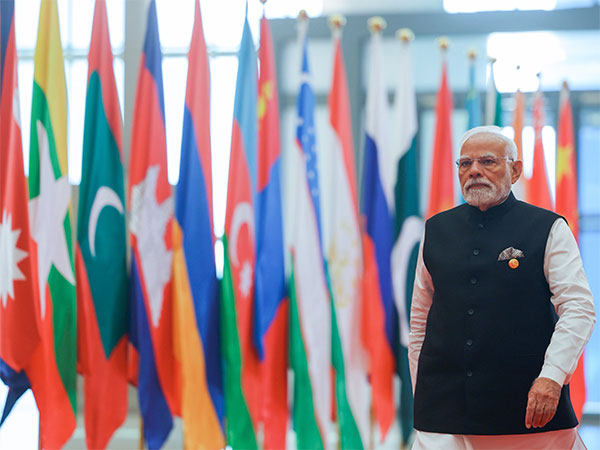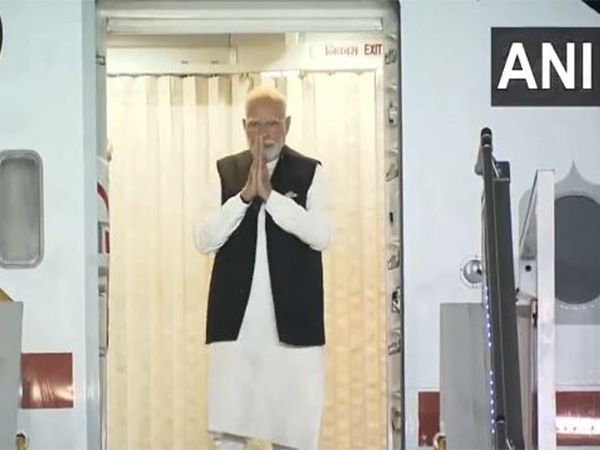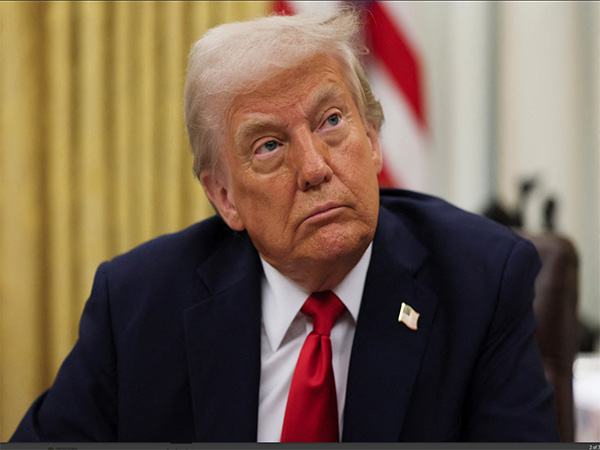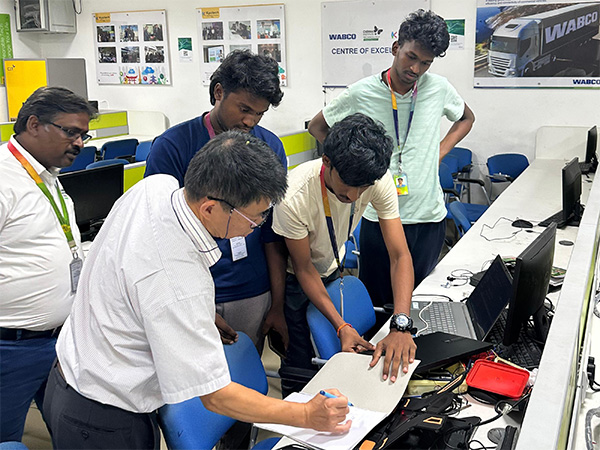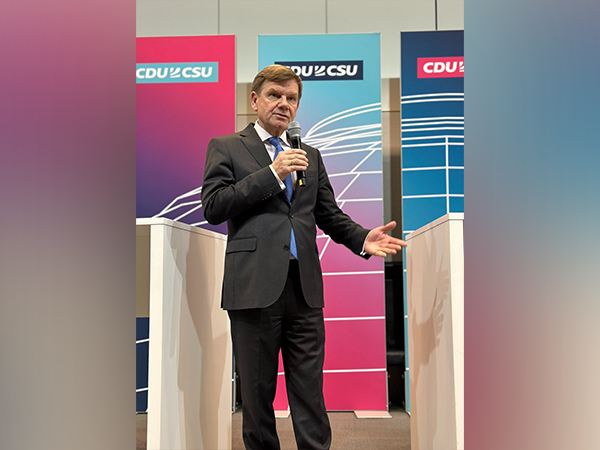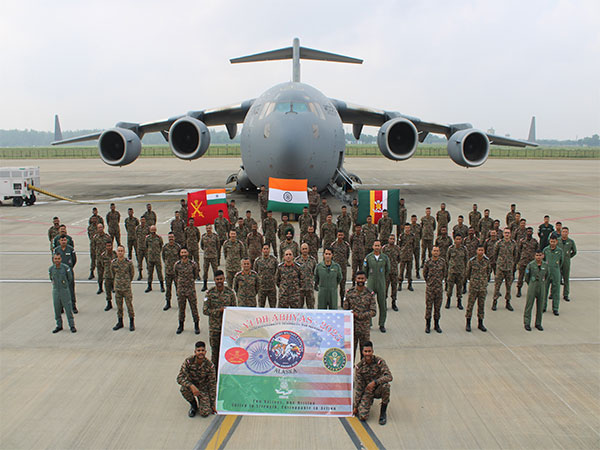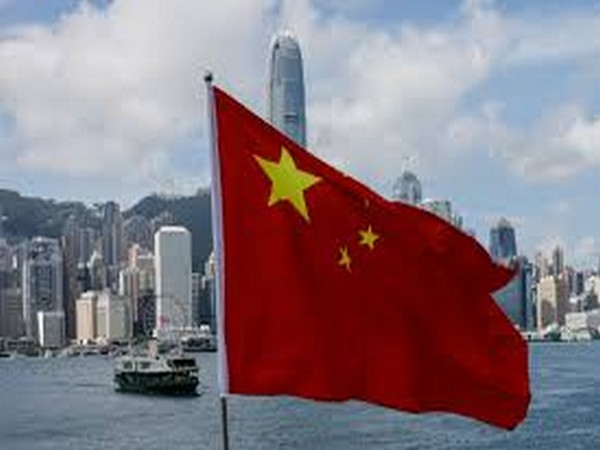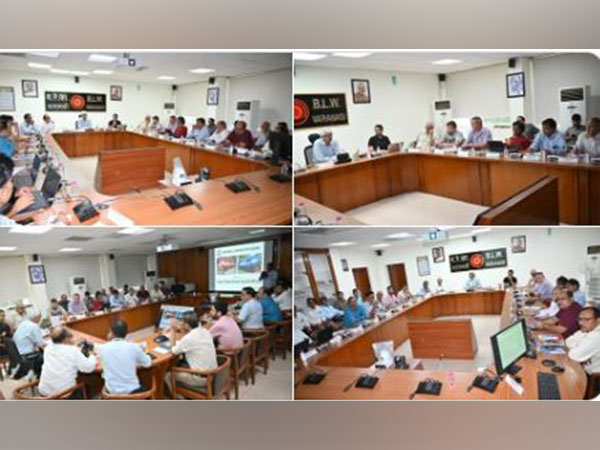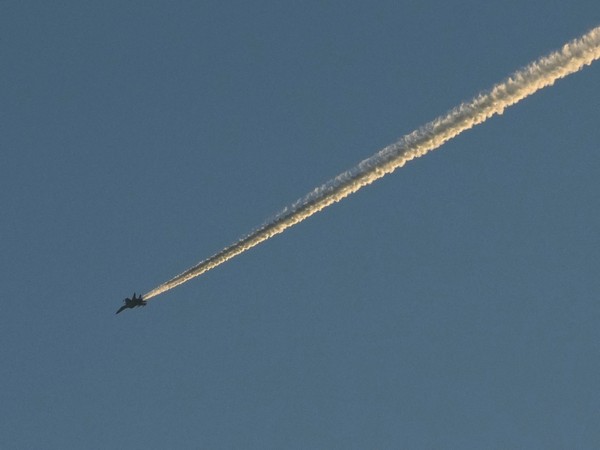
US Navy develops deterrence strategies to thwart potential Chinese invasion of Taiwan: James Kilby
Jun 13, 2025
Washington DC [US], June 13 : Acting Chief of US Naval Operations James Kilby stated that the US Navy periodically holds global war exercises to create deterrence tactics against a possible Chinese invasion of Taiwan. The goal, he said is to make the island "a very difficult target to take," according to a Focus Taiwan report.
Kilby told the House Armed Services Committee during his testimony on Wednesday that the Navy has conducted significant research on the subject, including regular simulations at the Naval War College. Kilby stated that the Navy is currently concentrating on five main areas: terminal ship defence; contested logistics; non-traditional maritime denial tactics; long-range strike capabilities; and countering China's C5ISRT (command, control, communications, computers, cyber, intelligence, surveillance, reconnaissance, and targeting), as reported by the Focus Taiwan.
In order to speed up deployment, Kilby said he recently met with Pacific Fleet Commander Stephen Koehler and Indo-Pacific Commander Admiral Samuel Paparo in San Diego. The Navy is actively investing in and testing innovative technology in these areas. Kilby said that he would rather utilize drones on the island than a US$13 billion aircraft carrier when asked which would be more beneficial for Taiwan's military, according to Focus Taiwan.
"It's a hard question to answer without qualifying questions, but if I could put those drones on Taiwan, I'd put them on Taiwan," he stated. Additionally, during the session, Rep. Don Bacon pressed Defence Secretary Pete Hegseth to expedite arms delivery to Taiwan, pointing to the pressing need for defence systems, including sea mines, according to Focus Taiwan.
Hegseth emphasized that the Pentagon is now actively addressing the issue rather than merely reviewing it. According to Focus Taiwan, he admitted that although prior administrations had promised to reorient their attention to the Indo-Pacific, "the department had not put in place" those adjustments.
The Taiwan-China issue is a complex and longstanding geopolitical conflict centred on Taiwan's sovereignty. Taiwan, officially known as the Republic of China (ROC), operates its own government, military, and economy, functioning as a de facto independent state.
However, China considers Taiwan a breakaway province and insists on the "One China" policy, which asserts that there is only one China, with Beijing as its capital.
This has fuelled decades of tension, especially since the Chinese Civil War (1945-1949), when the ROC government retreated to Taiwan after the Communist Party, led by Mao Zedong, took control of mainland China.
Beijing has consistently expressed its goal of reunification with Taiwan, using diplomatic, economic, and military pressure to isolate Taiwan internationally.
